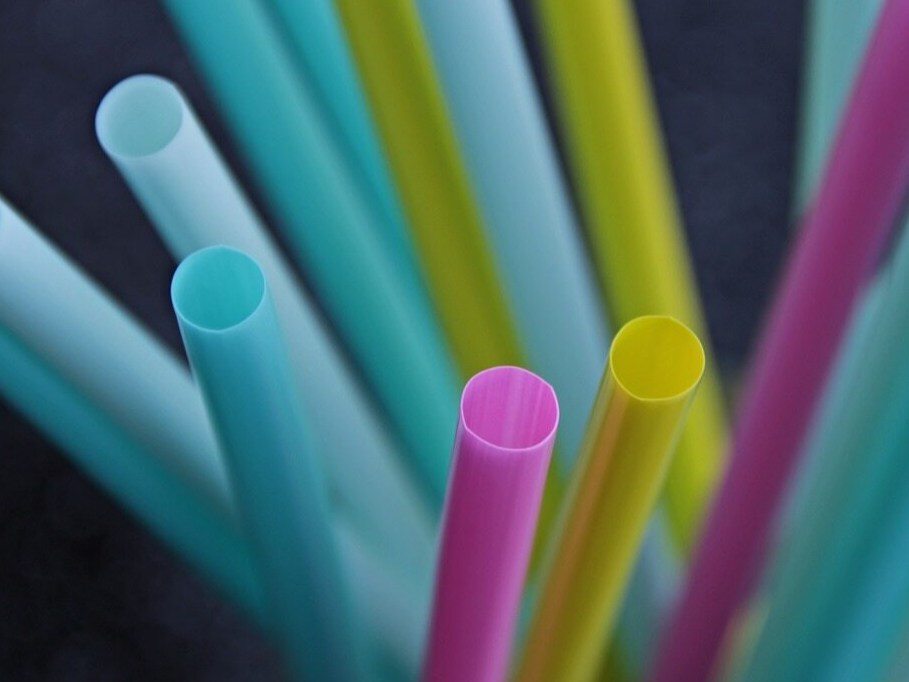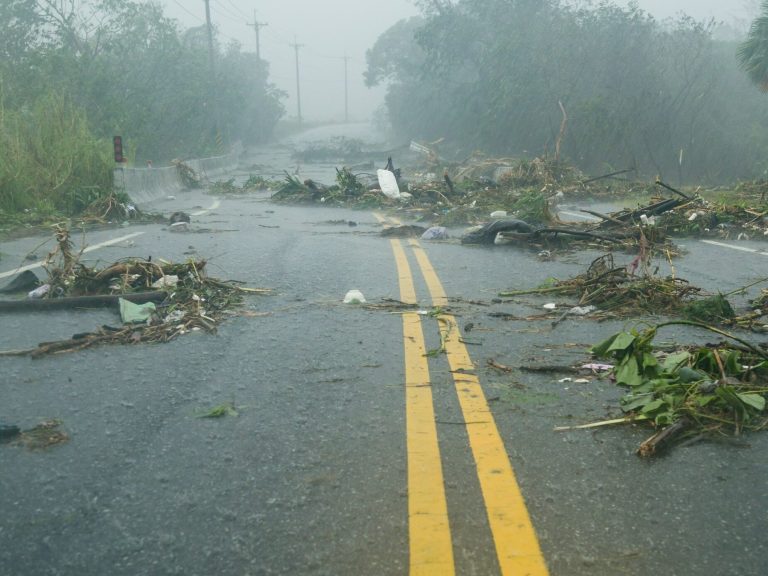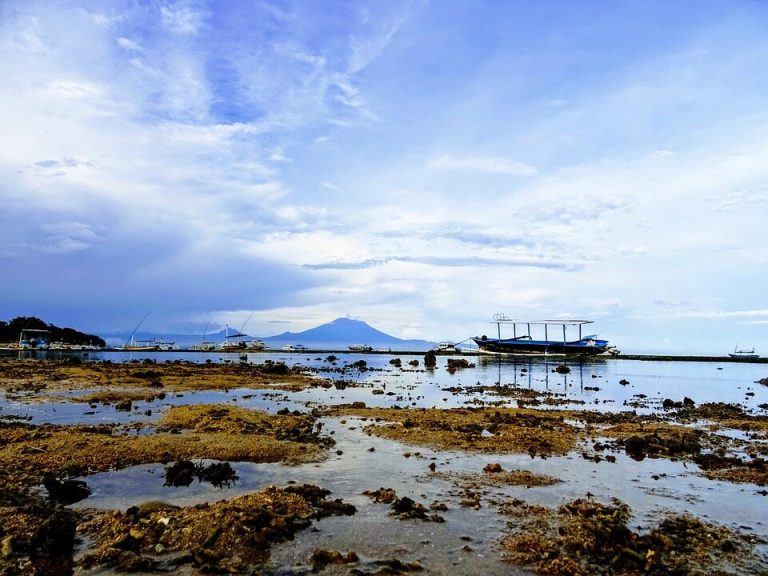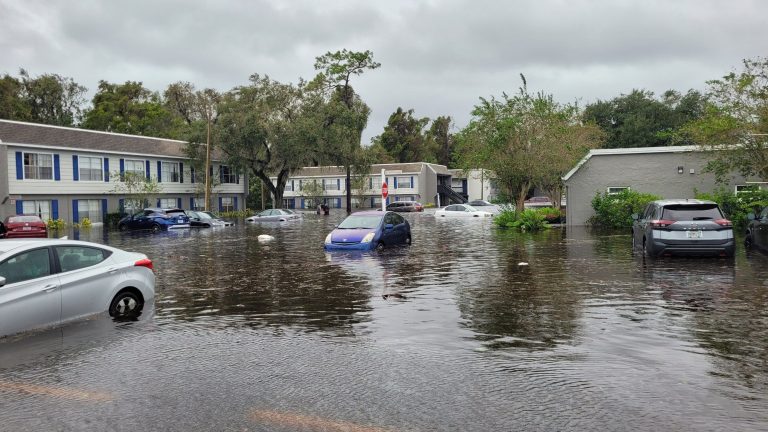We will have to explain ourselves to the European Commission again. No regulations implementing the “plastics directive”

From Saturday, Styrofoam meal boxes, plastic cutlery and balloon sticks will disappear from stores in almost the entire European Union. Almost all of it, because Poland has still not adopted the “plastics directive”.
The Directive of the European Parliament and of the EU Council of 5 June 2019, popularly known as the Plastics Directive, aims to eliminate certain plastic products. It envisages the gradual phase-out of single-use plastic products by 2030.
From July 3, 2021, there will be a ban on placing 10 categories of single-use plastic products on the market in the EU. Plastic cotton buds, cutlery (forks, knives, spoons, chopsticks), plates, straws, drink stirrers, balloon sticks, food containers and Styrofoam cups will disappear from the market. This does not mean that we will not get a stirrer or disposable cutlery in the cafe: they will be, but not plastic, but made of more environmentally safe materials.
In Poland everything is as usual
Although the “plastics directive” was adopted over 2 years ago, in the spring of 2019, Poland did not have time to prepare regulations implementing it. While regulations are introduced directly into the national legal order, directives require implementation, i.e. “inserting” their content into laws that are passed in the normal course, i.e. they pass through both houses of Parliament and are finally signed by the president.
In Polsat News, the deputy minister of climate explained that the European Commission “sent specific guidelines too late.” He announced that the implementation should be carried out this year.
– We have undergone intra- and inter-ministerial consultations. We should soon send the project to the Chancellery of the Prime Minister and the regulations should be adopted in the fall – explained by Jacek Ozdoba.
WWF talks about lack of political will
Antonina Konarzewska, WWF expert on the circular economy, believes that it was not the lack of guidelines that mattered, but the lack of political will to implement.
– If there was a will, appropriate provisions would be formulated. We have good examples of the implementation of the directive in other member states – says.
Why did the Polish ministry delay in translating the regulations to Poland? In her opinion, the point is not that the government wanted to delay the entry into force of the regulations to enable entrepreneurs producing plastic cutlery or Styrofoam cups to continue selling their products, because they had known for two years that the regulations were changing and had time to prepare for it. He looks for reasons elsewhere.
– It seems that the “plastics directive” is not a priority for the government. He probably sees it only as one of many environmental problems, but it is also an economic problem – says Antonina Konarzewska. – We must act and we must act quickly. The problem of waste leakage, especially plastic waste, into the environment requires immediate systemic change, the expert emphasizes.
Will the ministry’s explanation about the late submission of the guidelines convince the European Commission that the delay is not due to the negligence of the Polish authorities? It remains to be seen, but we must take into account that a warning will be sent to us, and if the adoption of the regulations is delayed, we cannot rule out the imposition of a financial penalty on Poland.
Further restrictions under the ‘Plastics Directive’
The directive provides for further reductions in plastic. From January 3, 2025, plastic caps and lids will be allowed to be used provided they are permanently attached to bottles and containers. Also from this year, all plastic bottles must be made of at least 25%. from recycled material, and from 2030 – 30%.
Moreover, from 2025, the collection and recycling rate of single-use plastic beverage bottles is to be 77%, and by 2029 – 90%.
Environmentalists have further demands
The actions specified in the Plastics Directive are necessary, but they do not exhaust the arsenal of actions that we can take today at low cost.
WWF Polska proposes the introduction of a deposit and deposit system that will allow for increased collection of beverage packaging and their reuse or recycling. “As data published by Reloop Platform show, as many as 132 beverage packaging per person is wasted annually in Poland (it goes to landfills, leaks into the environment or is burned in waste incineration plants). This means that with each subsequent month of delay in the implementation of the deposit and deposit system, we lose over 400,000,000 bottles in Poland (*417,670,000 assuming that the number of Polish inhabitants is 37.97 million).”. – we read on the website of this organization.
As examples of other European countries show, implementing such a system allows you to collect an average of 91%. beverage packaging. The system described is one of the elements of the so-called ROP, i.e. Extended Producer Responsibility. With each month of delay in work on the project, we lose valuable raw material that could be recycled in the deposit and deposit system.






